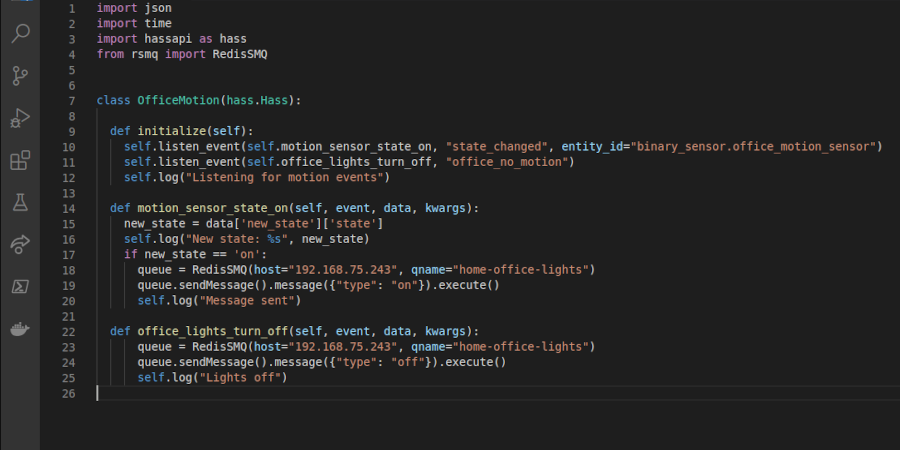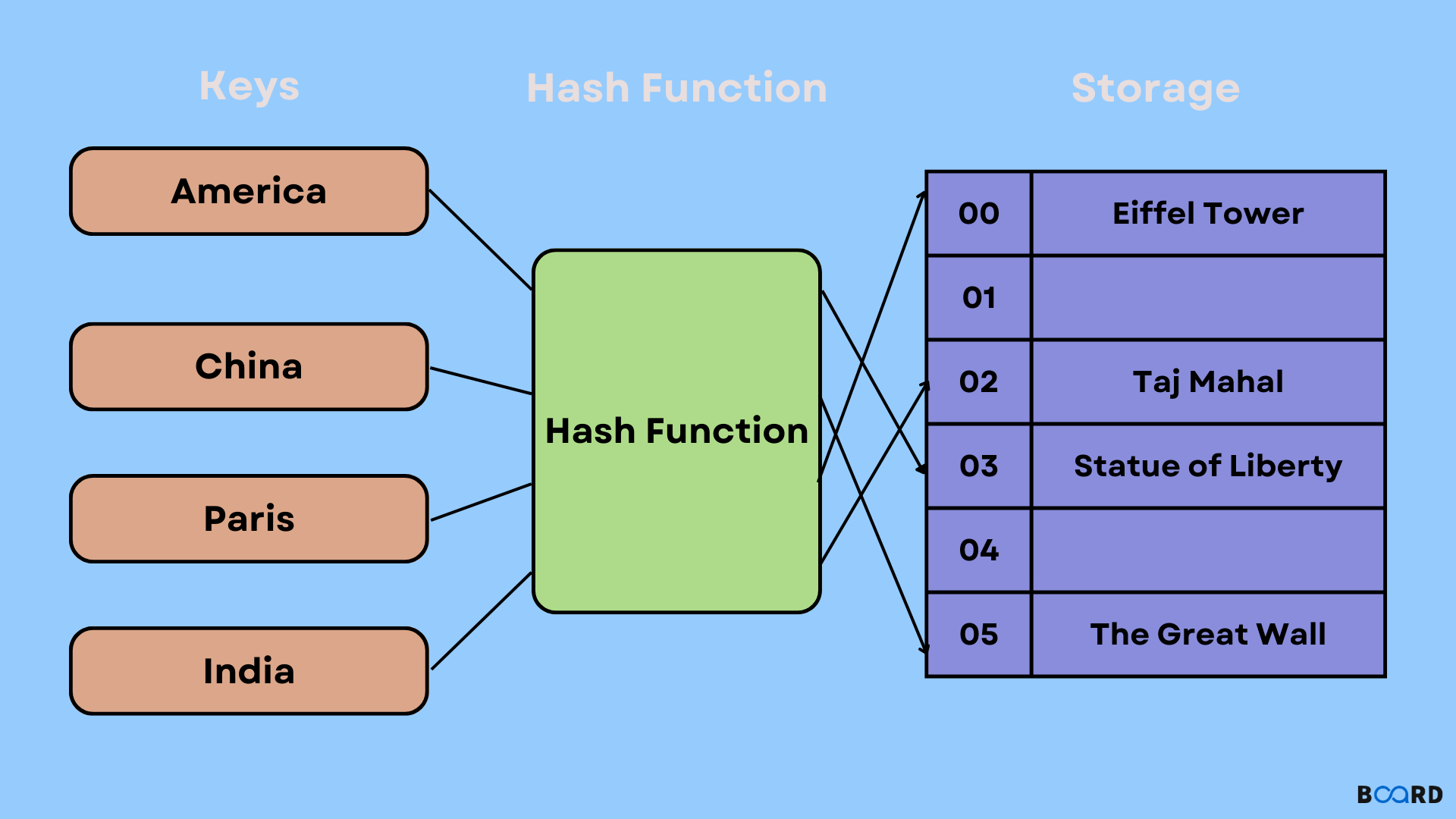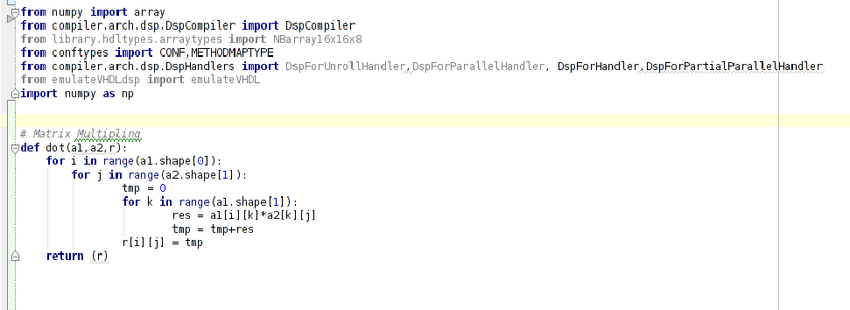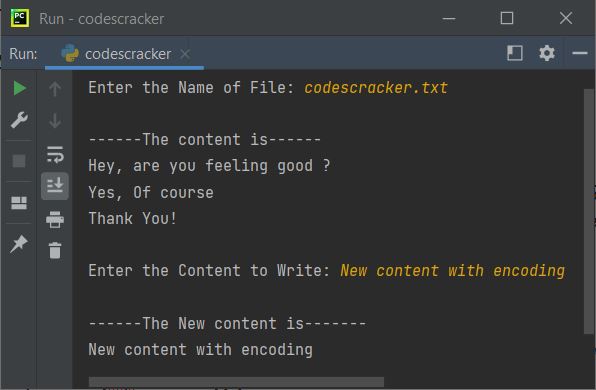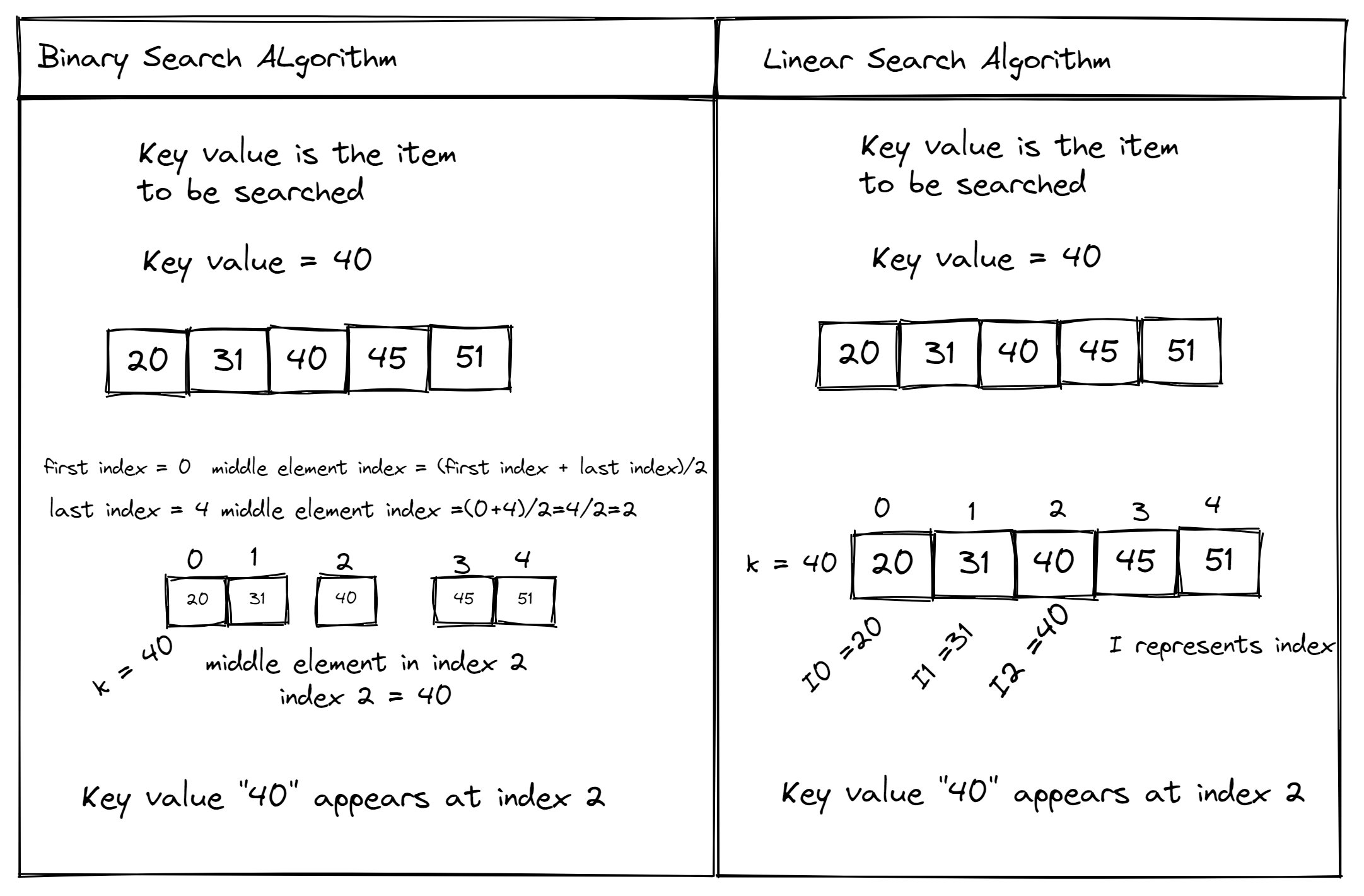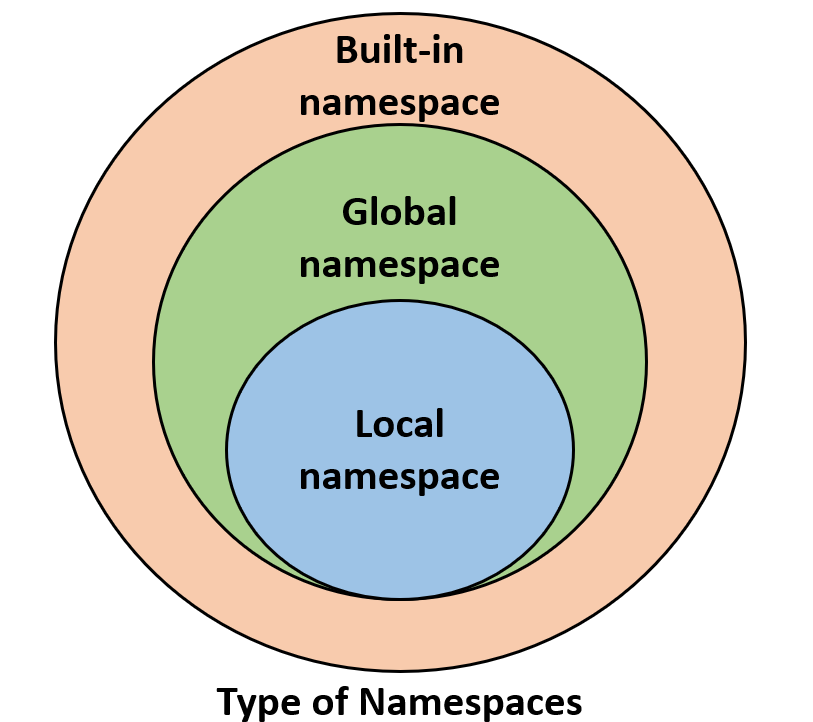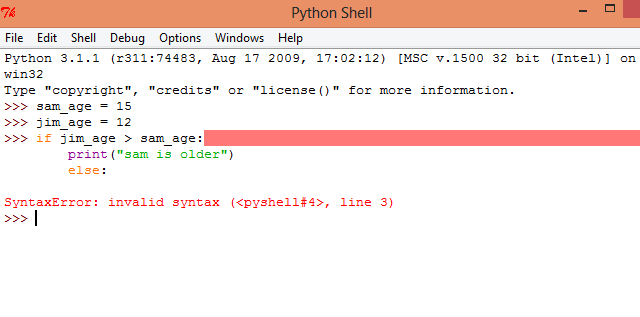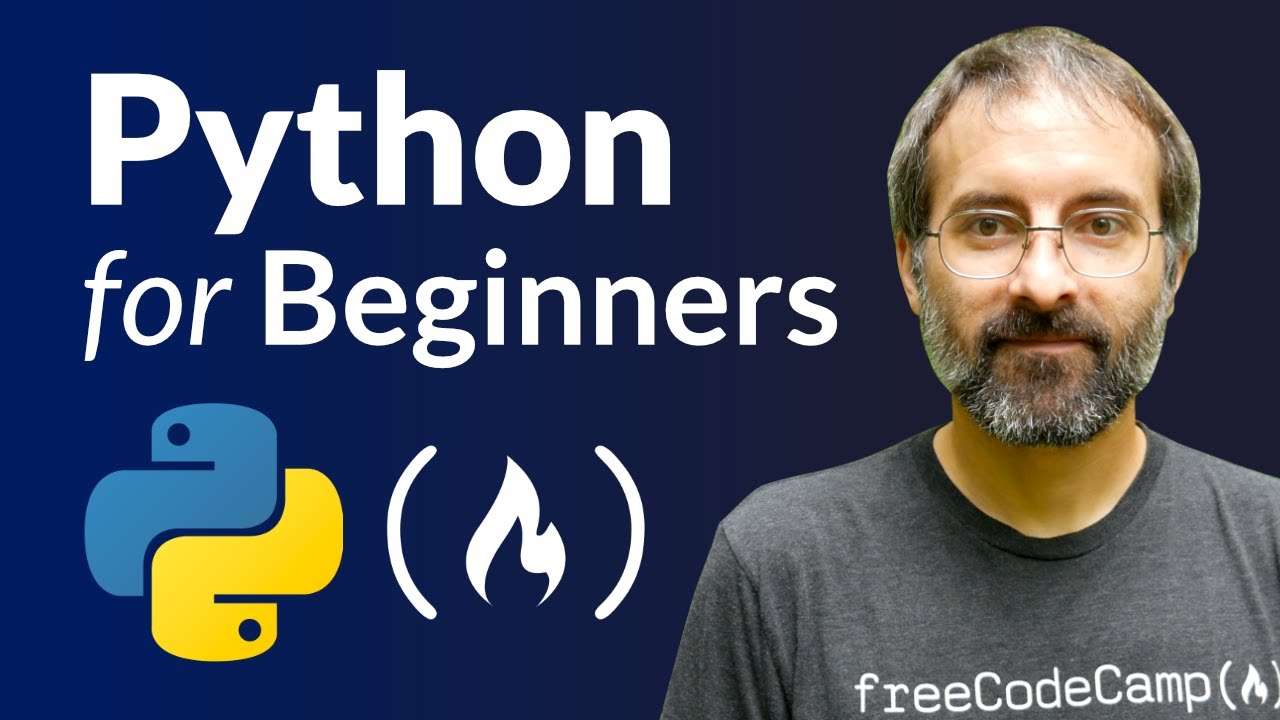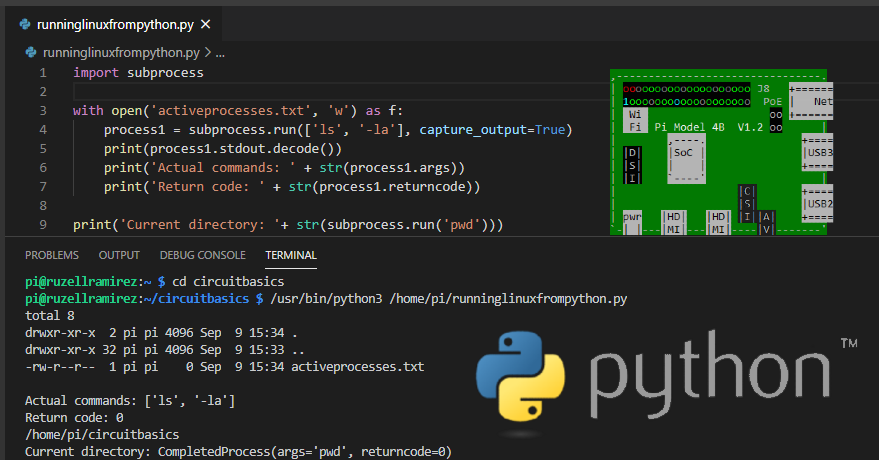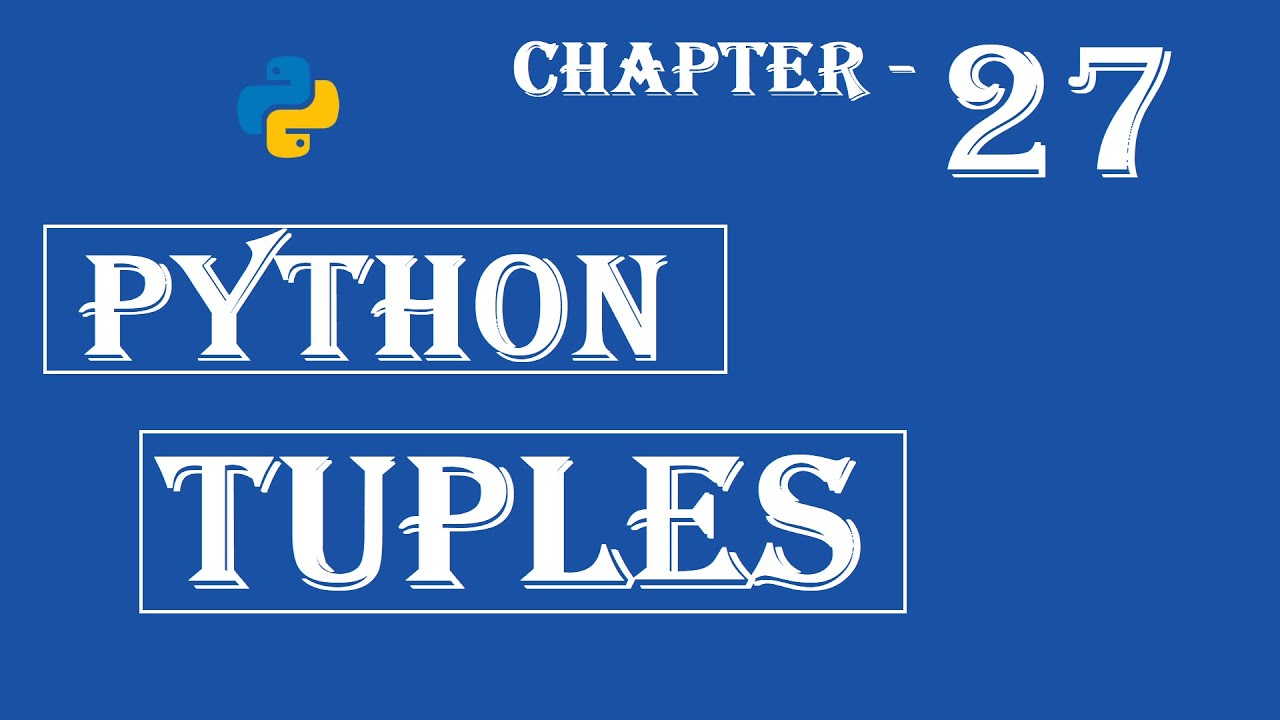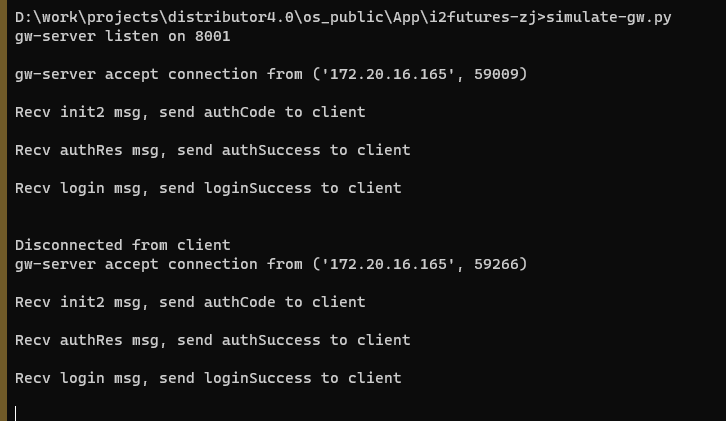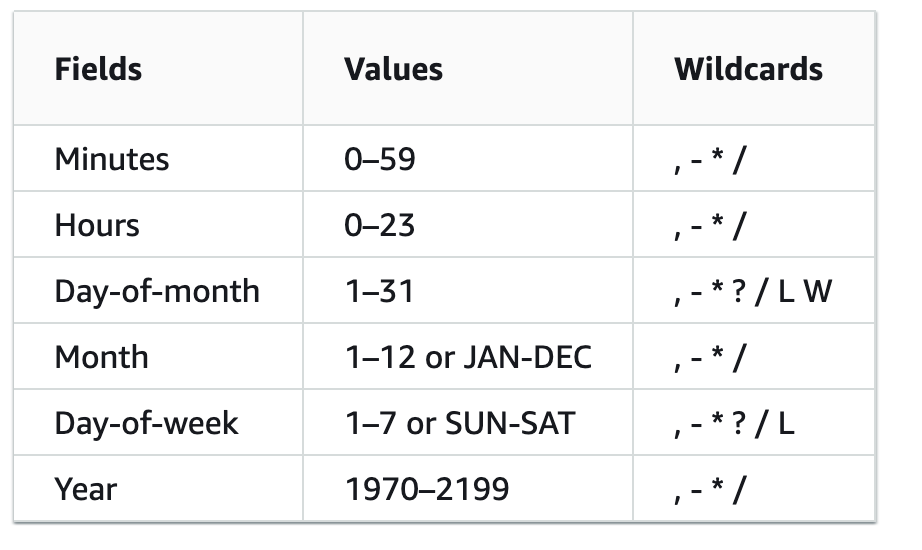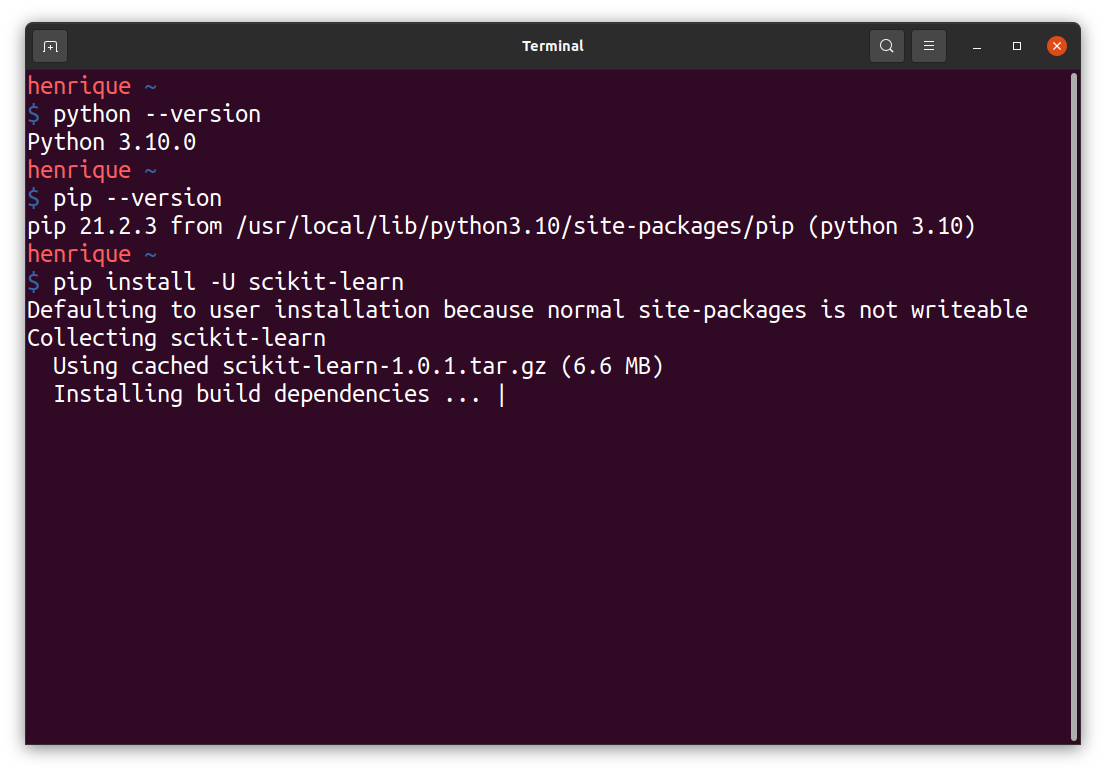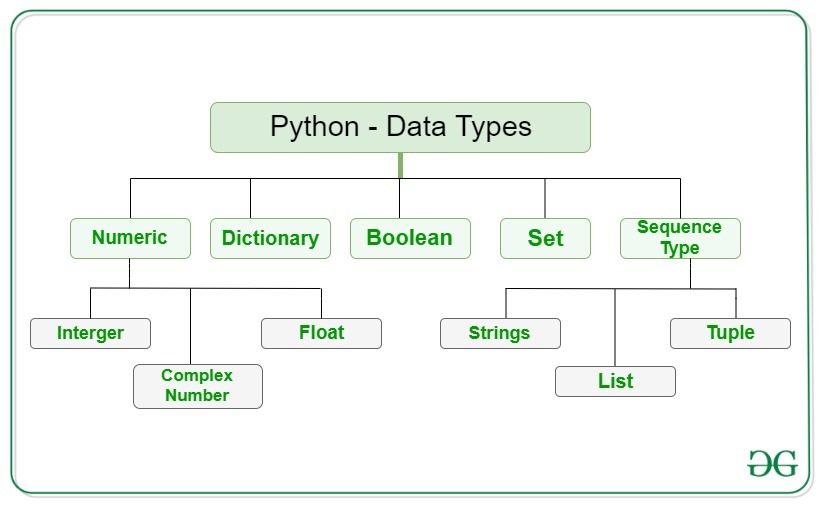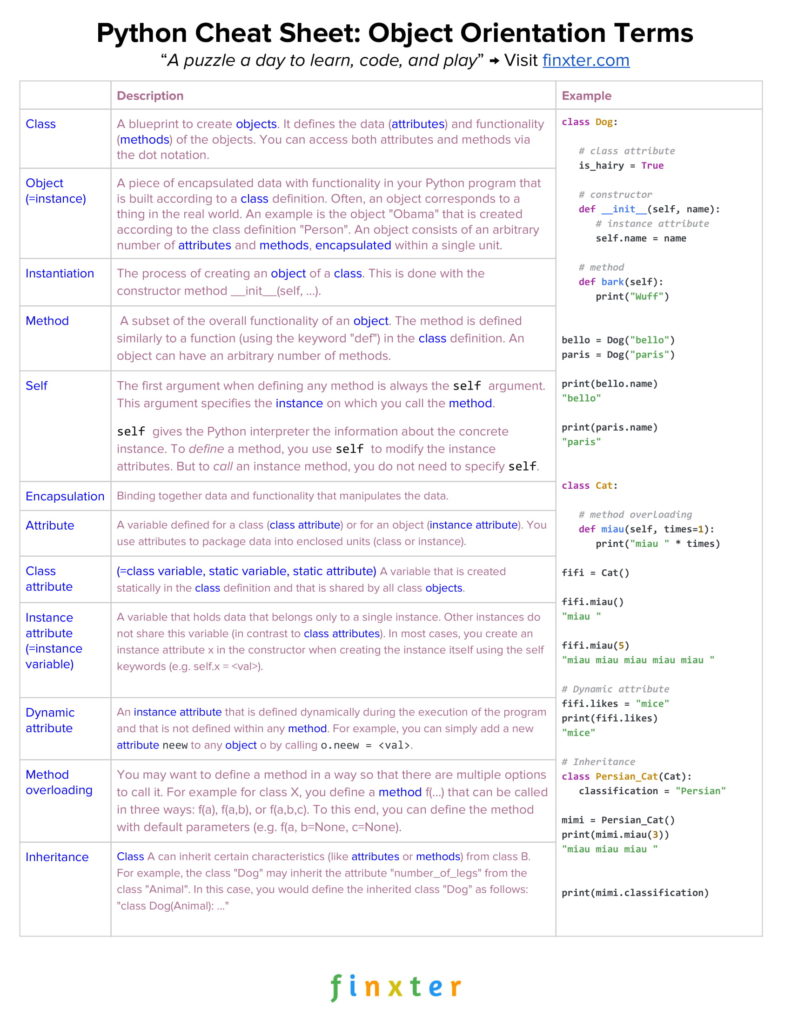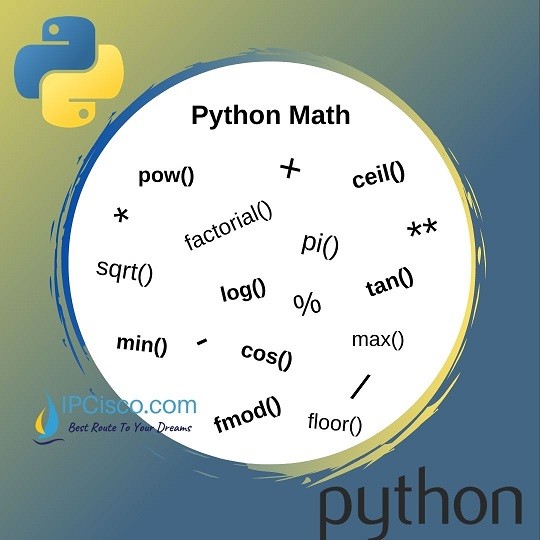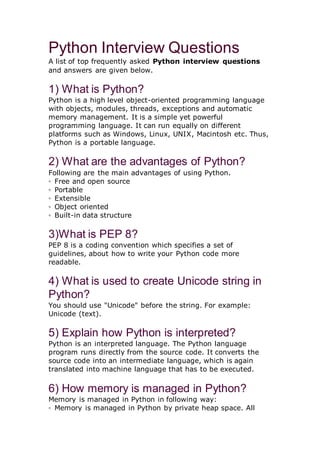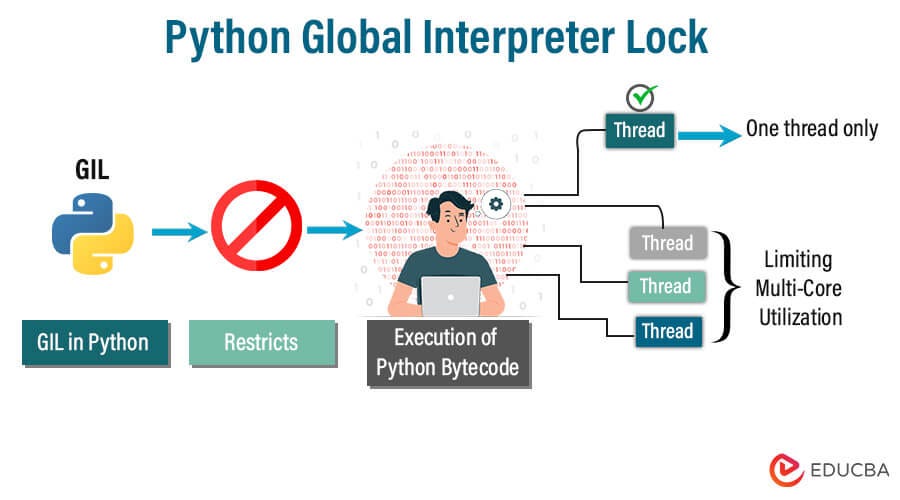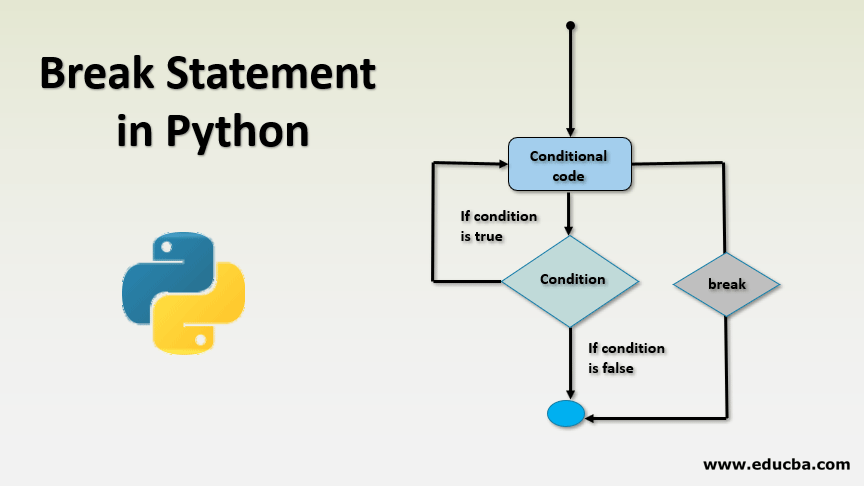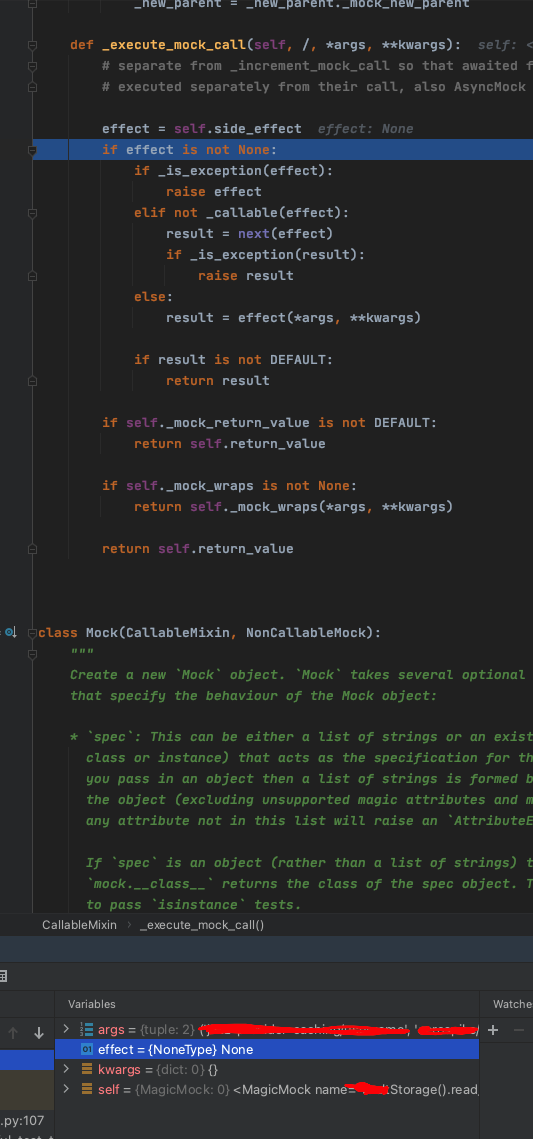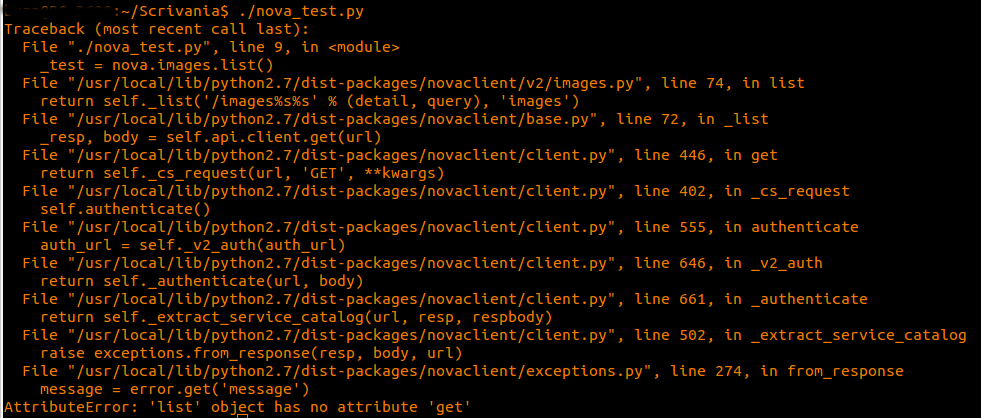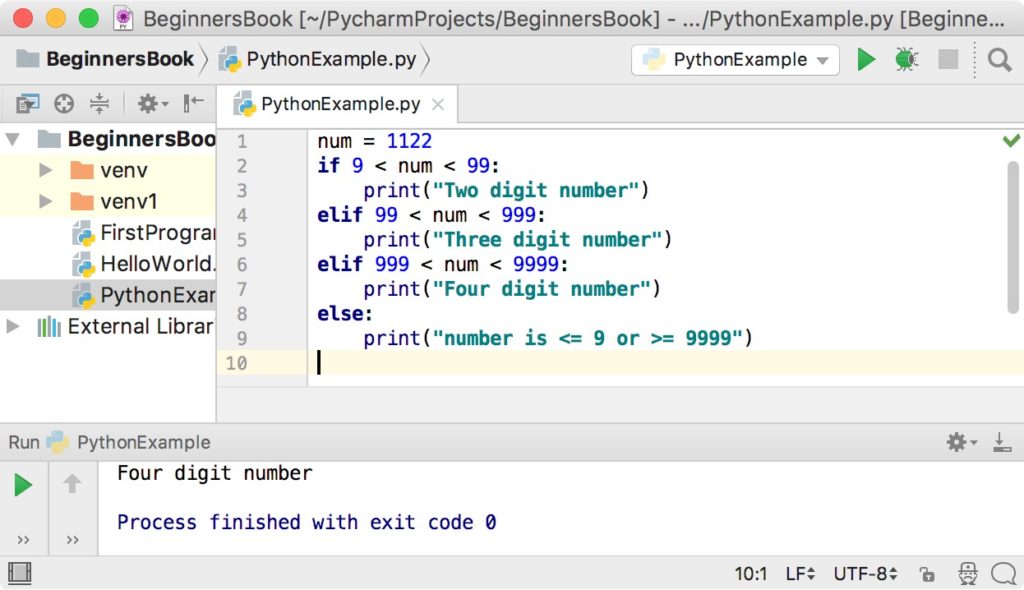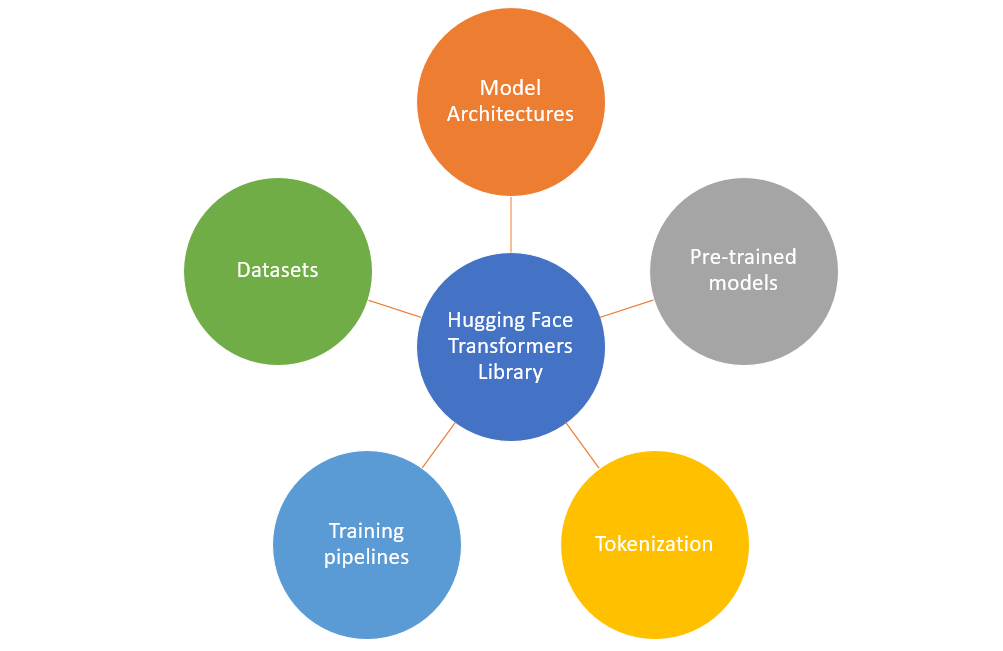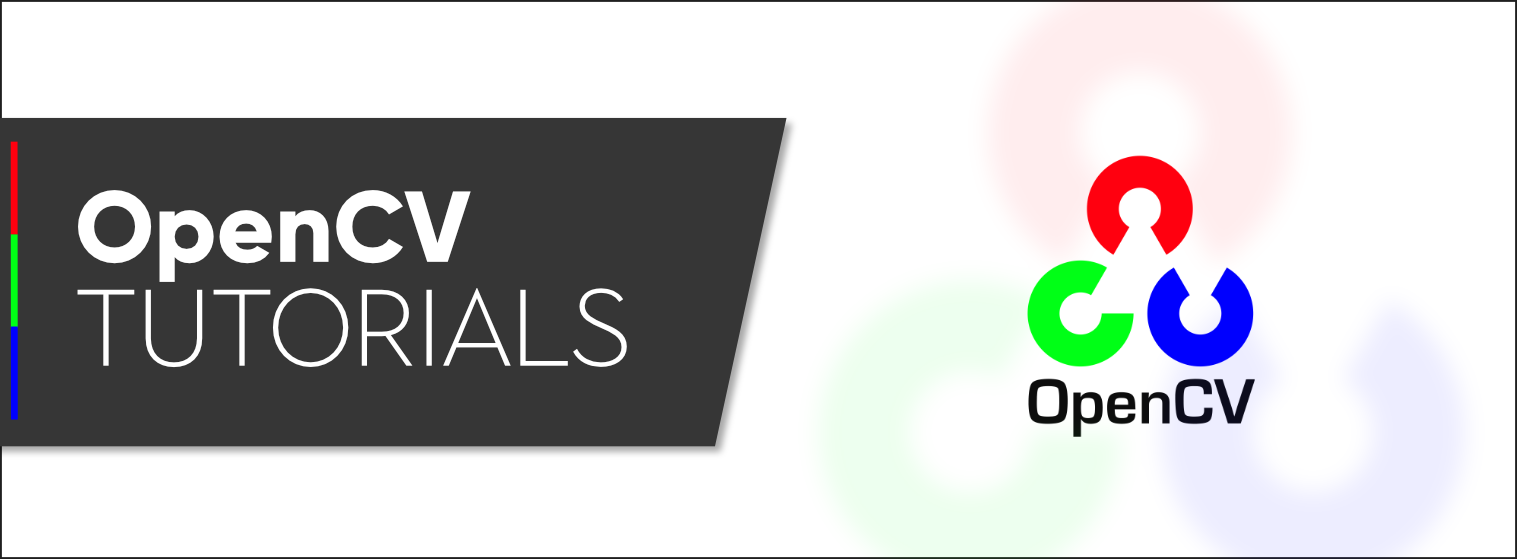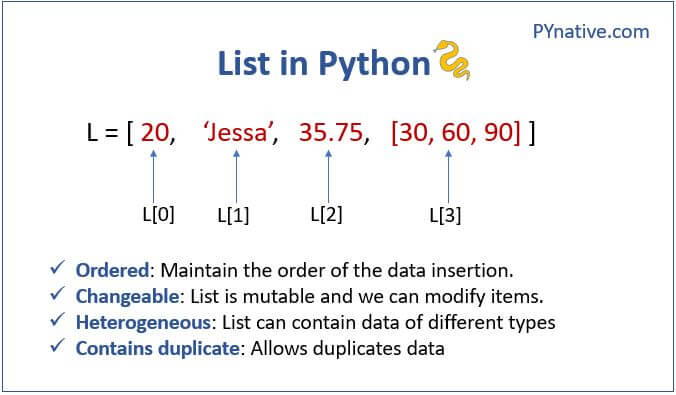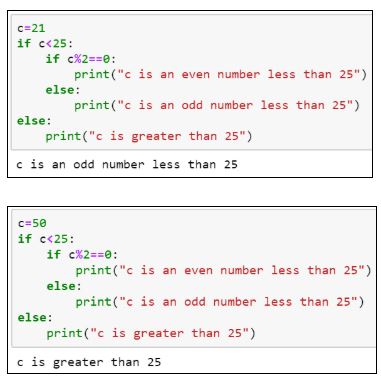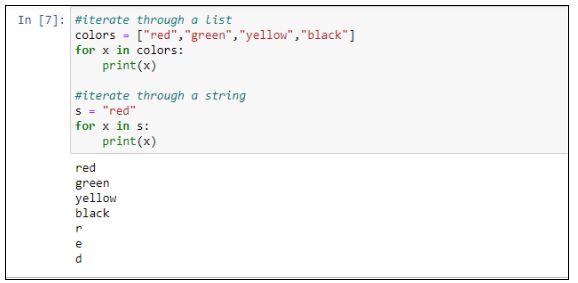How do I get a job as a beginner in Python?
How do I get a job as a beginner in Python?
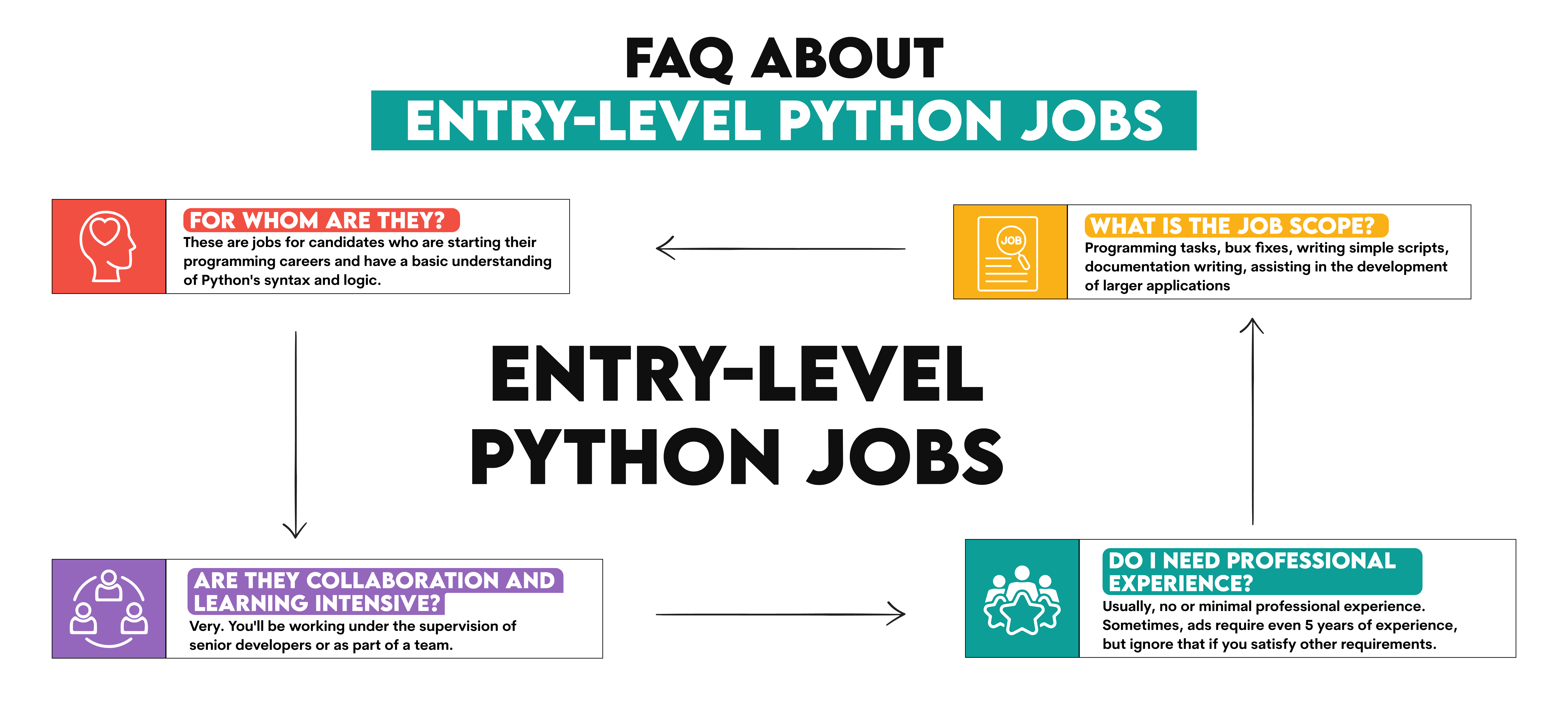
I'm happy to help!

As a beginner in Python, getting a job can seem like a daunting task. However, with the right approach and strategies, you can increase your chances of landing a job that suits your skills. Here are some steps to help you get started:
Build a strong foundation in Python:Focus on learning the basics of Python programming, including data types, variables, control structures, functions, and object-oriented programming (OOP) concepts. Practice coding exercises and projects to reinforce your understanding.
Gain relevant experience:Participate in coding challenges, such as those found on LeetCode, HackerRank, or CodeWars. These platforms provide a wide range of problems that help you develop problem-solving skills and adapt to different scenarios. You can also work on personal projects or contribute to open-source repositories to build your portfolio.
Develop valuable skills:Python is used in various industries, including data science, machine learning, web development, and automation. Focus on acquiring skills that are in demand, such as:
Data analysis and visualization using libraries like Pandas and Matplotlib Machine learning with Scikit-Learn or TensorFlow Web development using Flask or Django Automation scripting for tasks like data processing, file manipulation, or system administration Create a professional online presence:Update your LinkedIn profile to highlight your Python skills, experience, and education. Share your projects and contributions on platforms like GitHub or GitLab. This helps recruiters and potential employers find you.
Network and attend events:Join online communities like Reddit's r/learnpython, r/Python, and Stack Overflow to connect with other programmers. Attend conferences, meetups, or webinars focused on Python, data science, or machine learning to expand your network.
Pursue certifications (optional):Consider obtaining certifications like the Python Institute's Certified Associate in Python Programming (CAP) or the Data Science Council of America's Certified Data Scientist (CDS). These can demonstrate your commitment and expertise to potential employers.
Tailor your job application:When applying for jobs, customize your resume and cover letter to highlight your Python skills and experience. Emphasize how your skills align with the job requirements and how you can contribute to the company's success.
Prepare for interviews:Research common interview questions for Python developers, such as those related to data structures, algorithms, or machine learning. Practice whiteboarding exercises or coding challenges to improve your problem-solving skills.
Stay up-to-date with industry trends:Follow top Python influencers, bloggers, and podcasters (e.g., Corey Schafer, Traversy Media) to stay informed about new developments, libraries, and best practices in the field.
Be persistent and patient:Finding a job can take time, especially for beginners. Stay motivated by setting achievable goals, practicing regularly, and continuously improving your skills.
By following these steps, you'll increase your chances of landing a Python-related job as a beginner. Remember to stay focused, keep learning, and be open to opportunities. Good luck!
What to learn after Python to get a job
After mastering Python, the next steps to increase your chances of landing a job are:
Learn Data Science and Machine Learning: As Python is a popular choice for data science and machine learning tasks, having skills in this area will make you a more attractive candidate. Familiarize yourself with libraries like NumPy, Pandas, scikit-learn, and TensorFlow. Data Visualization: Being able to effectively visualize data is crucial in today's data-driven world. Libraries like Matplotlib, Seaborn, and Plotly will help you create informative and engaging visualizations. Web Development: Knowing how to build web applications can open up a wide range of job opportunities. Familiarize yourself with frameworks like Flask or Django, and learn about databases, templates, and user authentication. Cloud Computing: As more companies move their infrastructure to the cloud, having experience with cloud platforms like AWS, Google Cloud, or Microsoft Azure will be a valuable asset. SQL and Database Administration: Being able to design and manage databases is an essential skill in many industries. Familiarize yourself with SQL, relational databases, and database administration concepts. Linux and Command-Line Tools: Having experience with Linux and command-line tools like Bash, Git, and SSH will make you a more well-rounded candidate and allow you to work effectively in a team environment. Cybersecurity: As data and applications move online, cybersecurity is becoming an increasingly important field. Learning about security principles, encryption, and authentication protocols can help you stay ahead of the curve. DevOps and Automation: With the increasing demand for automation, knowing how to use tools like Docker, Jenkins, and Kubernetes will make you more competitive in the job market. Business Knowledge: Understanding business concepts, such as marketing, finance, and operations, can help you communicate effectively with stakeholders and develop solutions that meet their needs. Soft Skills: Developing strong soft skills like communication, teamwork, and time management can go a long way in making you a more attractive candidate and a valuable team member.In addition to these technical skills, focus on developing your:
Problem-solving skills: Practice breaking down complex problems into manageable parts. Communication skills: Learn how to effectively convey technical information to both technical and non-technical audiences. Time management skills: Prioritize tasks efficiently to meet project deadlines. Teamwork skills: Collaborate with others to achieve shared goals.By focusing on these areas, you'll be well-prepared to tackle a variety of job roles and increase your chances of landing a job in the field.
